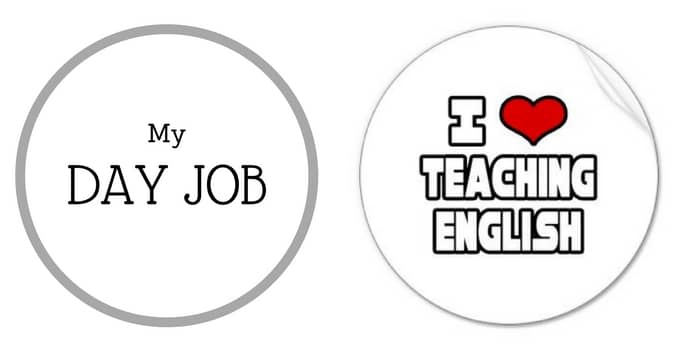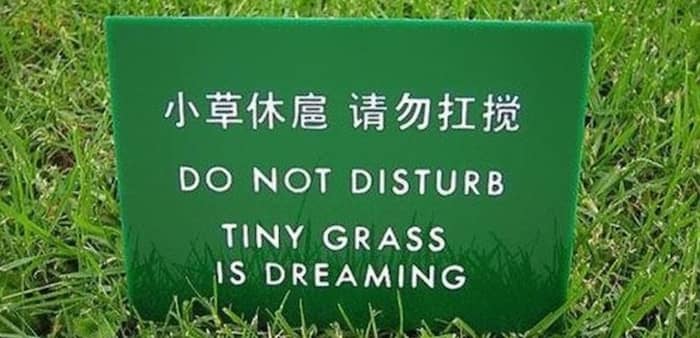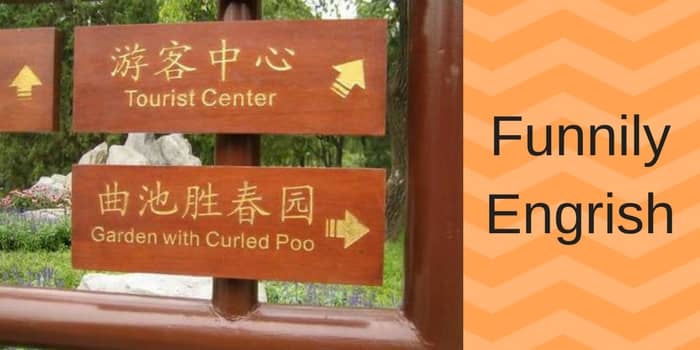
I love being an English teacher.
For those readers who may not know, I actually do something other than ramble on about things that annoy me and scribble out books and poetry. In fact, my principal activity is as an English teacher. Not your Shakespeare and Keats English Lit teacher, but an English teacher of ESOL. That translates to English as a Second Operating Language.
Now I could tell you about the very funny things I have heard such as when I greeted a new student. ‘Good morning, it’s a nice day, isn’t it?’ He replied, ‘Yes, it’s a cabbage.’ Or, ‘Hello, what’s your name?’ The response had me wondering. ‘Yes!’
However, while teaching beginners was great fun many years ago, is not what I do now. My time is taken with helping people succeed in passing Cambridge English Certificate examinations so they can progress in their career. Here in Switzerland English is an absolute necessity in gaining promotion or transfers. Particularly in banking. There is enormous pressure on young professionals to master at least two languages other than their Mother tongue, which means they spend a very long time studying.
Now it may come as a surprise, but I have felt for a long while now that although my job is to teach English, my students are really my conduit to learning more about the English language for myself. The reason is that they analyse as they learn and ask questions that require me to think about how English works. So why is the ‘W’ in while pronounced but not in whole? Good question. Or, why can one say, ‘Turn it on but can’t say dine it out? And why do we say a bird’s wing but a chair leg?’
Many of my grammar-related posts on The Vandal have been born from a question by one of my students, so now you know my secret. They are also responsible for me continually thinking about the English language and being constantly amazed at how wonderful it is. Even though it has its complexities and irregularities, English is a language that is continually growing and reinventing itself. It’s my workplace for sure, but also my playground. That’s why I absolutely adore being an English teacher.




Ah the joys, perils and pitfalls of a bastard language. Unlike pure forms like Latin or ancient Greek, our amalgam is bogged down with curious and thoroughly perplexing issues. Letters that remain silent when spoken, words that have more than one way of being spelt, or have more than one use. Is it any wonder that so many non English speakers have such a problem.
While English is considered the language of choice when it comes to commerce and trade, with the many different forms in use across the world today – English English, American English, Canadian English, Australian English, New Zealand English – the list is growing, not to mention the unutterable number of colloquialisms, the language is far removed from its birth when the Angle’s and Saxons first landed on England’s shores.
If you want to confuse a language student, what better way than to teach them English in one form or another.
:D
Ah ha! Your secret is out Derek. I can relate about teaching English being a good way to make you learn about it yourself. I spent six years in Japan and although teaching English wasn’t my main gig, I always taught a bit on the side. I learned far more doing that than I ever did in school. Also got to see some great, but perplexing, examples of word usage! (like on a store window: “Delicious clothes for Delicious women”) hehe.
This really chimes with me, as I recently went back to teaching English, both EAP and EFL, and one of the things I’m enjoying again is how much it teaches me about my own language and its nuances.
It is a fun language with a lot of peculiarities to laugh at isn’t it? Glad to know you are a fellow teacher.
I also love teaching ESOL, especially since I came to England 30 years ago as a student myself to learn the language: it’s absolutely beautiful and a privilege to be able to teach others now. My favourite question/answer confusion is: Q: “How old are you”. A: “Fine, thank you.”
:)
So you KNOW Fatima :) My favourite was Q ‘Nice day, isn’t it?’ A. ‘Yes, it’s a cabbage.’ lol :)